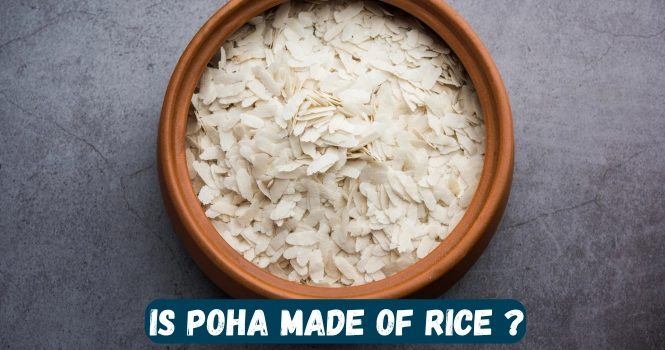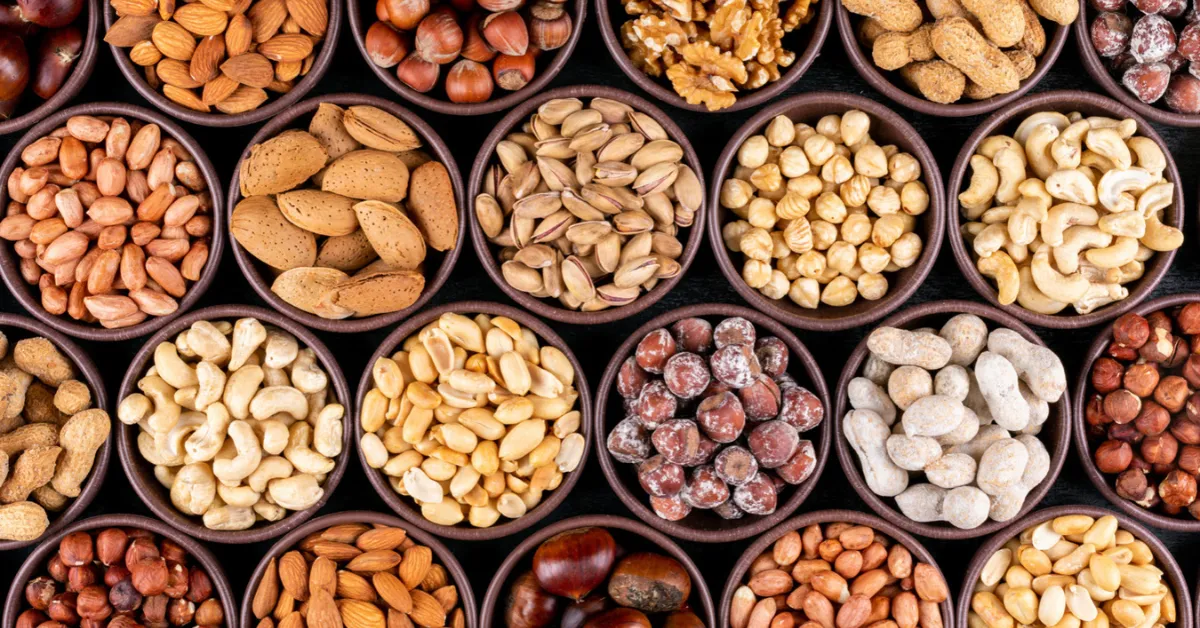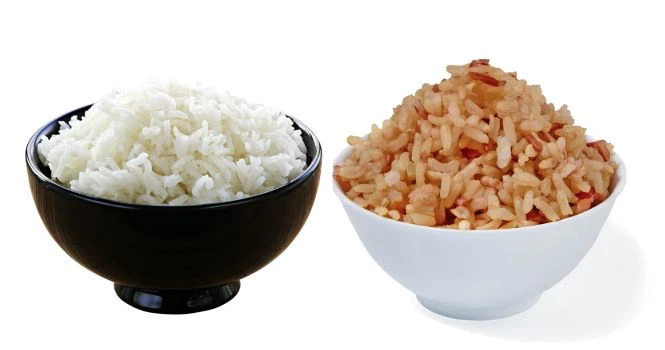9 Amazing Health Benefits of Quinoa
Quinoa, often hailed as a “superfood,” has rapidly gained popularity in recent years, and for good reason.
This ancient grain, pronounced ‘keen-wah,’ is not only versatile and delicious but also brimming with an array of essential nutrients. It’s not actually a cereal grain but rather a pseudo-cereal, as it is not a grass but is used in much the same way as traditional grains
Boasting an impressive profile of protein, fiber, vitamins, and minerals, quinoa offers a nutritious alternative to common grains. Let’s see the health benefits of Quinoa
Whether you’re already including quinoa in your diet or are yet to discover its fantastic qualities, this list is sure to amaze you.
Here are 9 Amazing Health Benefits of Quinoa that make it a nutritious powerhouse and an excellent addition to your diet.
1. Rich in Nutrients:
Quinoa is packed with a variety of essential nutrients including protein, fiber, iron, copper, thiamin, vitamin B6, magnesium, phosphorus, potassium, and folate. It’s also a good source of antioxidants, which can help protect your body against free radicals.
2. Complete Protein Source:
Quinoa is one of the few plant-based foods that contain all nine essential amino acids, making it a complete protein. This is particularly beneficial for vegetarians and vegans who might find it challenging to get all the essential amino acids from plant-based sources.
3. Quinoa is Gluten-Free:
For individuals with celiac disease or a sensitivity to gluten, quinoa is an excellent alternative to gluten-containing grains. Its versatility makes it easy to incorporate into various dishes as a gluten-free option.
4. Rich in Dietary Fiber:
Quinoa is high in dietary fiber, which is beneficial for digestive health. Fiber aids in preventing constipation, reducing the risk of developing hemorrhoids, and helping to maintain a healthy digestive tract. Fiber can also help manage weight by promoting feelings of fullness.
5. Quinoa Helps in Blood Sugar Control:
The high fiber content and low glycemic index of quinoa make it a suitable option for people with diabetes. It helps in slowing down the digestion of carbohydrates, thereby preventing sudden spikes in blood sugar levels.
6. Quinoa Improves Heart Health:
Quinoa is high in potassium and magnesium, which are known to help in regulating blood pressure. Additionally, the fiber content can help reduce cholesterol levels, potentially lowering the risk of heart disease.
7. Anti-Inflammatory Properties:
Quinoa contains a group of molecules called flavonoids, which have anti-inflammatory properties. Some studies suggest that consuming quinoa regularly may help reduce the risk of chronic inflammation, which is linked to several diseases.
8. Quinoa Supports Weight Loss:
Quinoa’s high protein and fiber content can make you feel fuller for longer. This can reduce calorie intake by decreasing the urge to snack between meals or overeat, which is beneficial for weight loss or maintenance.
9. Rich in Antioxidants:
Quinoa is high in antioxidants, which are substances that neutralize free radicals in the body. Free radicals are known to play a role in aging and various diseases. The antioxidants in quinoa, including quercetin and kaempferol, have been shown to have anti-inflammatory, antiviral, and anti-cancer properties.
When incorporating quinoa into your diet, it’s important to rinse it thoroughly before cooking, as it has a natural coating called saponin that can give it a bitter taste.
Also, as with any food, moderation is key, and it’s best to consume quinoa as part of a balanced diet.
![]()












